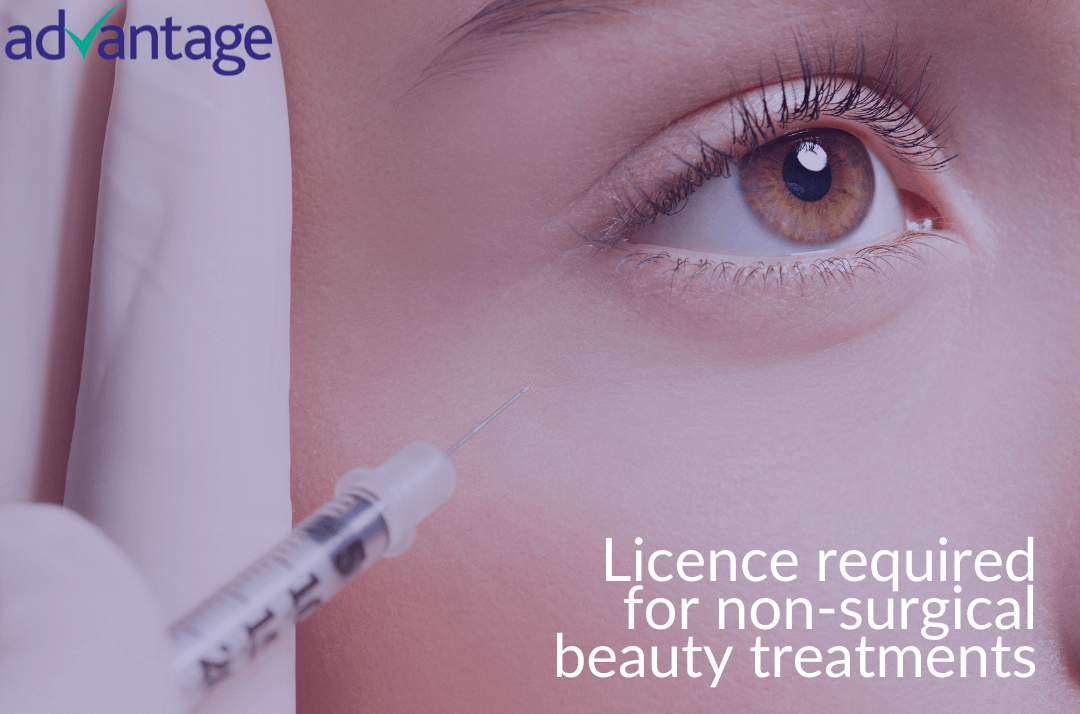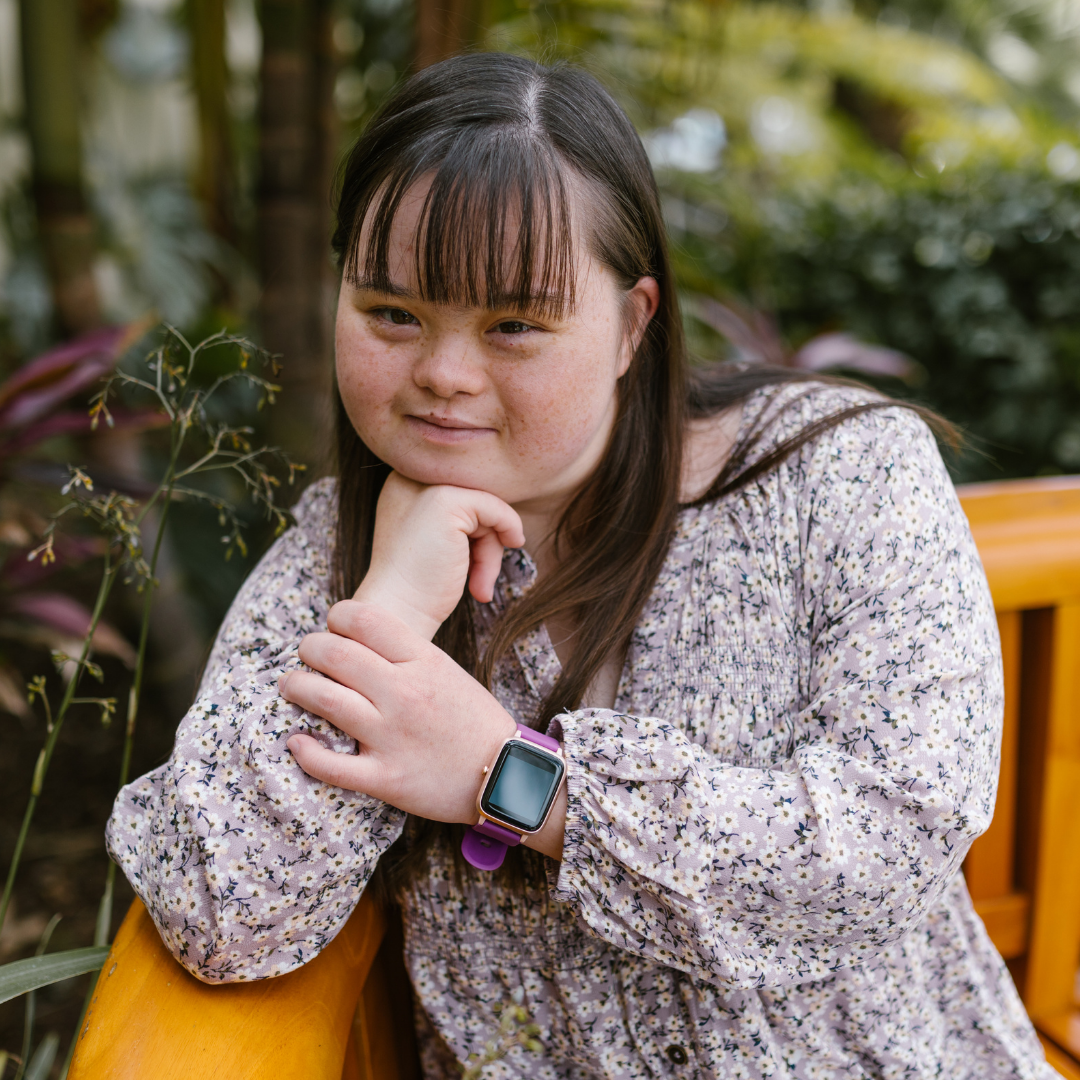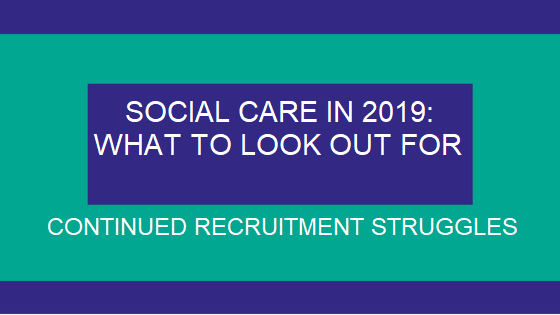What does accreditation mean in healthcare? Healthcare accreditation ensures patients are receiving quality treatment from well-trained industry professionals and allows the maintenance of this high standard of service. Through seeking accreditation, a company’s standards of care can be increased, whilst decreasing the potential risks, and allowing healthcare organisations to work under the correct regulatory...
CPD Across the World
Continuing Professional Development (CPD) courses are one of the best ways to improve your skill set and, as a by-product, boost your job prospects in today’s ever-increasingly competitive job market. CPD certificates are recognised as valuable attributes of employees to employers nowadays. Many employers will look for accredited CPD courses on a prospective employee’s...
Medical Terms Explained
Many of us see the terms illness, disease, disorder, syndrome and condition as interchangeable. We often say “disease” when referring to a disorder or syndrome. However, when it comes to healthcare, it’s important to know the distinction. Disease Problems in the structure or function of the body, causing specific symptoms. This must be measurable...
Which Cosmetic Treatments Require a Licence?
Advantage accredits beauty and aesthetics organisations to deliver training courses. Find out how to become an accredited training provider for beauty courses. Please note, accreditation does NOT replace the need for a licence. The government has introduced new legislation requiring those providing cosmetic treatments to have a licence. Please note this legislation is not...
Oliver McGowan’s Story
See our guidance on delivering Learning Disability and Autism training here. Appeals from the family of Oliver McGowan have led to new mandatory training in learning disability and autism. As an infant, Oliver suffered meningitis and received diagnoses of mild hemiplegia, focal partial epilepsy, a mild learning disability and high functioning autism. Throughout his...
Accreditation Process
How does accreditation work? What are your next steps? The information below will help you understand the process of becoming an accredited training centre with Advantage Accreditation. We recommend first reading our guidance on What is Accreditation? and Why get Accredited? What are accreditation requirements? What are the accreditation standards? We have our own...
What is the Purpose of Accreditation?
We are here to answer all of your questions about accreditation. Perhaps the most important of these is: Why get accredited? Is accreditation mandatory? This comes up most often within health and social care settings. Rules and regulations around providing health and social care training can be very confusing. Put simply, accreditation is not...
What is Accreditation?
Accreditation can seem like a complicated topic, with all sorts of unfamiliar terms thrown in to confuse you. What does accreditation mean? We are here to help! Advantage Accreditation is run by a friendly, experienced team. Let us explain some more about what we do… What is accreditation? What is the difference between accredited...
Training Delivery Methods: Benefits & Costs
Which delivery method is right for your course? Read on for our analysis of different options. For more detailed information, see our resource: Training delivery methods: benefits & costs. We are all familiar with this common method. It is a fantastic option for courses seeking to develop practical and communication skills. However, learners and...
Introducing Liberty Protection Safeguards
As of 1st April 2022, new Liberty Protection Safeguards (LPS) will be in force. Many people in the UK who lack the mental capacity to consent to care experience deprivation of liberty. This enables care for those with dementia, autism, learning disabilities, etc. Significant court cases were a major factor in changing the Deprivation...
UK care homes tap into ’boutique vibe’ to fill empty beds
The new wave of niche care homes which are capturing the fast-growing market. With demand for care beds expected to soar in the next 30 years, new opportunities have arisen for small unique, boutique care homes that could transform the care home sector. Source: https://www.which.co.uk/news/2017/10/care-home-provision-to-hit-crisis-levels-in-next-five-years/ One such care home in Banstead, Surrey, is the...
How to get an outstanding CQC rating
See how to become an accredited training provider and boost your CQC ratings with Advantage. For many providers, reaching an ‘outstanding’ rating with the Care Quality Commission (CQC) can seem like a difficult task. For others, it’s an ambition that is at the centre of their mission. Of course, achieving ‘outstanding’ is meant to...
Social Care Trends in 2019: Continued Recruitment Struggles
Recruitment has always been an issue for the care sector and it is likely to endure. The sector forecasts a shortage of 350,000 workers by 2028 assuming no significant changes are made. In reality, slow but steady technology improvements, provided the funding emerges, will chip away at this number. In the short-medium term, though,...
Social Care Trends for 2019: More Focus on Loneliness
2018, as well as an increased emphasis on mental health across all ages, saw numerous campaigns on loneliness among Britain’s older population (and to a lesser extent, in its young people too). Many of those older people who are lonely, of course, are not the types to be on social media campaigning themselves. Change...
Restraint Reduction Network: Advantage pledges its support
Advantage Accreditation is delighted to announce its support for the Restraint Reduction Network. We have taken the “pledge” to help advance best practices and improve outcomes for those subject to restraint in health and social care environments. The Restraint Reduction Network states that its mission is to: “… reduce reliance on restrictive practices and...














